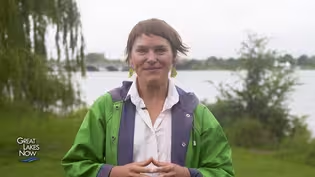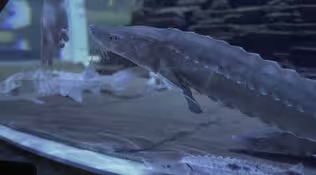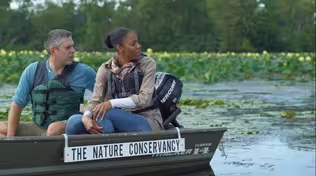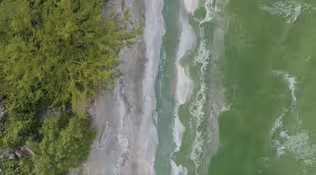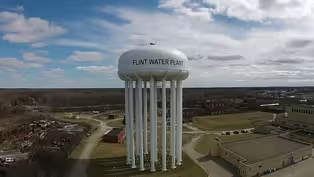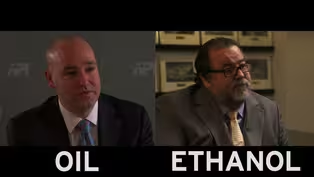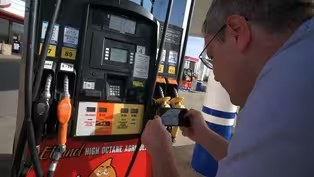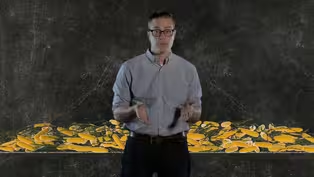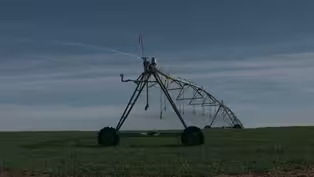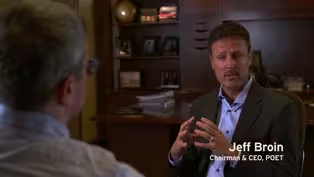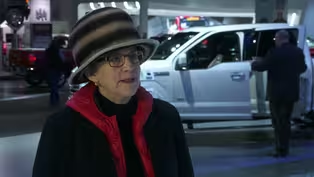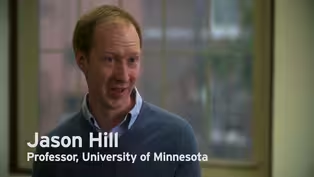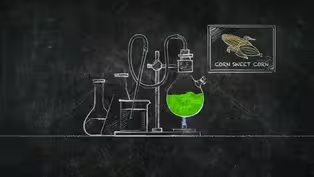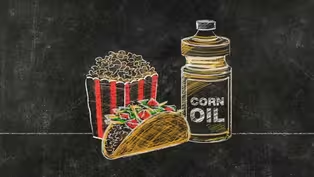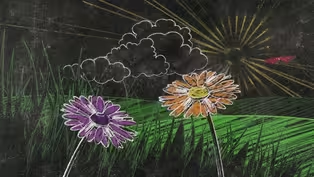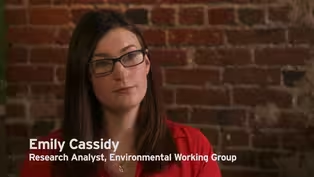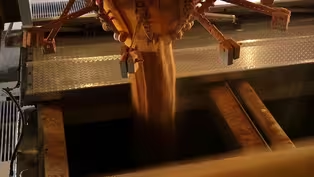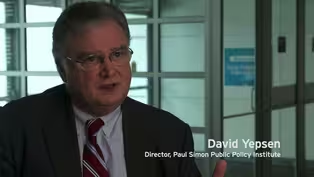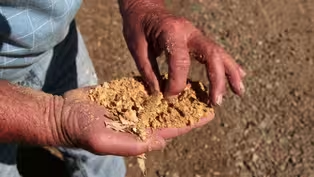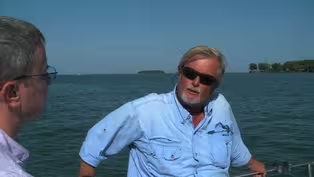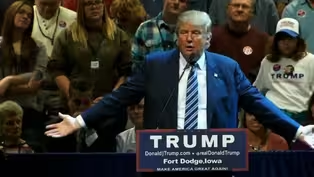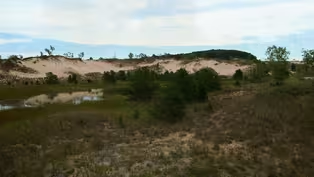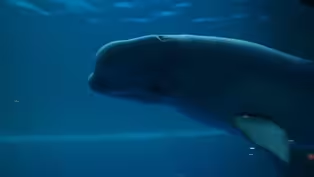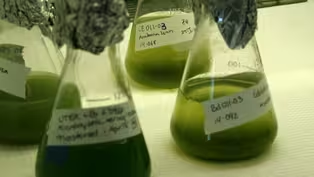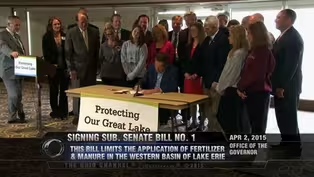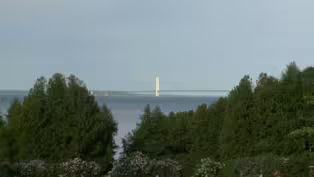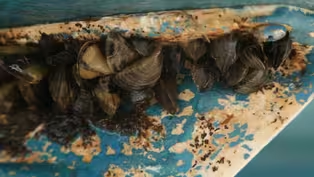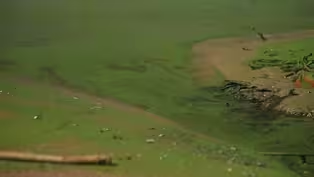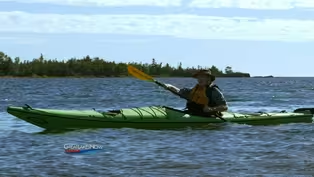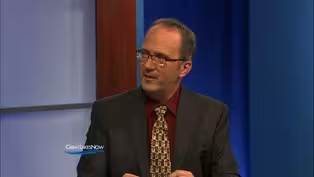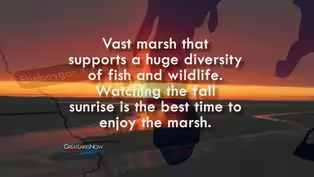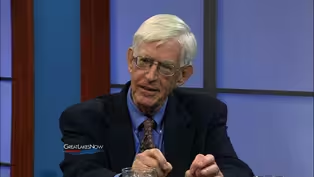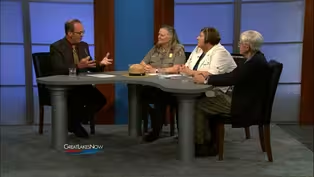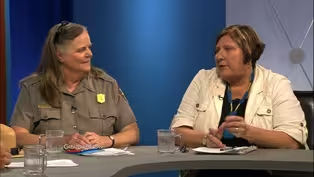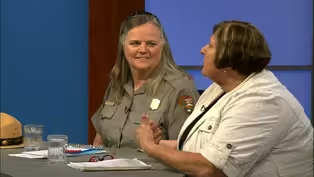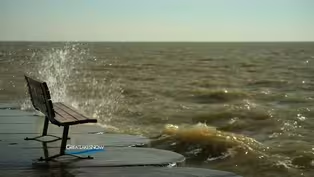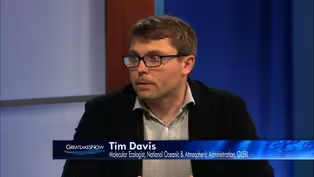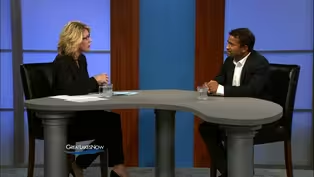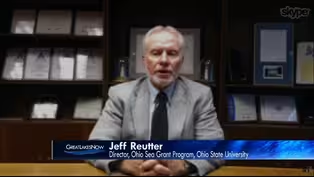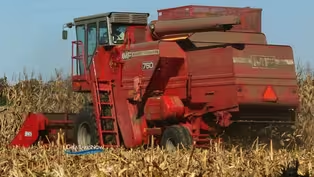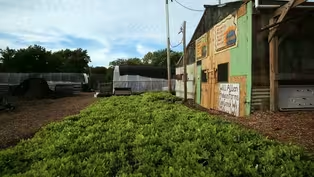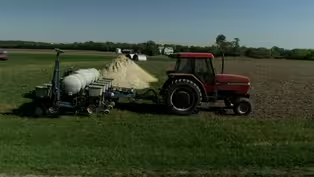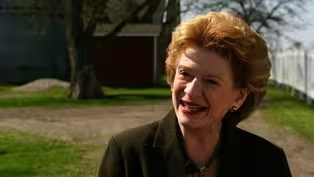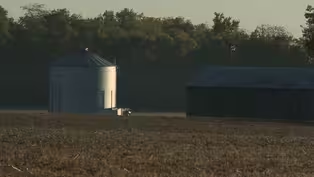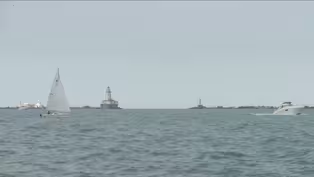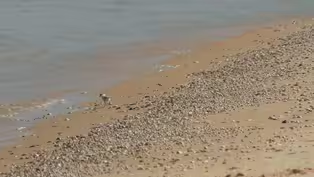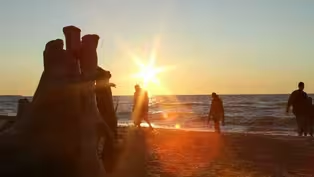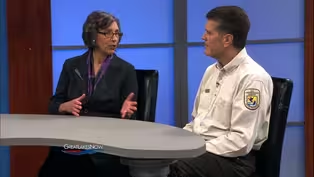
Urban Farms - Great Lakes Now Connect: Food Supply
Clip | 5m 41s
An urban farming program in Milwaukee is becoming a national model.
A farming program in Milwaukee is becoming a model for urban farming communities across the country.
Problems playing video? | Closed Captioning Feedback
Problems playing video? | Closed Captioning Feedback
Great Lakes Now is a local public television program presented by Detroit PBS

Urban Farms - Great Lakes Now Connect: Food Supply
Clip | 5m 41s
A farming program in Milwaukee is becoming a model for urban farming communities across the country.
Problems playing video? | Closed Captioning Feedback
How to Watch Great Lakes Now
Great Lakes Now is available to stream on pbs.org and the free PBS App, available on iPhone, Apple TV, Android TV, Android smartphones, Amazon Fire TV, Amazon Fire Tablet, Roku, Samsung Smart TV, and Vizio.
Providing Support for PBS.org
Learn Moreabout PBS online sponsorshipIntroducing Anna Sysling, new host of Great Lakes Now
Clip | 49s | Introducing Great Lakes Now's new host Anna Sysling. (49s)
Great Lakes Now Virtual Field Trip - Lake Sturgeon
Clip | 4m 46s | They may start small, but due to restoration, they become very, very big. (4m 46s)
Great Lakes Now Virtual Field Trip - Coastal Wetlands
Clip | 4m 56s | What is a Habitat? Why are they so important? (4m 56s)
Great Lakes Now Virtual Field Trip - Algae
Clip | 4m 51s | Algae is so important to our region, when algae grow extremely fast it's called a bloom. (4m 51s)
Clip | 5m 2s | The Great Lakes Bureau at DPTV takes a look back at the major events of the last year. (5m 2s)
Preview | 2m 20s | David Biello has a simple question for Big Agriculture and Big Oil. (2m 20s)
Preview | 2m 25s | How did ethanol get in our gasoline? David Biello explains. (2m 25s)
Preview | 1m 42s | We’ve got a lot of choices to make. Gasoline? Electric? But what about more ethanol? (1m 42s)
Preview | 57s | What's the problem with growing corn in Kansas? They're running out of water. (57s)
Preview | 11s | The CEO of POET, the leading producer of ethanol, speaks. (11s)
Preview | 45s | What does one of Detroit's top automotive reporters think about ethanol? (45s)
Preview | 54s | Why is Jason Hill of the University of Minnesota coming down hard on ethanol? (54s)
Preview | 2m 17s | David Biello explains the trade-offs to consider regarding Big Agriculture. (2m 17s)
Preview | 1m 16s | Research Emily Cassidy weighs the pros and cons of ethanol in our fuel supply. (1m 16s)
Preview | 22s | David Yepsen sets the scene regarding the power ethanol in the Iowa Caucuses. (22s)
Preview | 1m 43s | In Caro, Michigan, the economy has gotten a boost - thanks to ethanol. (1m 43s)
Preview | 1m 53s | David Biello gets a look at what big agriculture is doing to the water. (1m 53s)
Preview | 1m 39s | Where do the Presidential candidates stand on energy and particularly on fuel ethanol? (1m 39s)
Clip | 4m 20s | The story of the passionate citizens who are working to restore Indiana's dunes. (4m 20s)
Clip | 4m 43s | Detroit Public Television tells the story of the belugas in the St. Lawrence. (4m 43s)
Clip | 4m 33s | DPTV looks back at the causes and effects of the 2014 toxic algae bloom in Lake Erie. (4m 33s)
Great Lakes Now Update: Invasive Mussels
Clip | 1m | Invasive mussels have endangered the health of the entire Great Lakes ecosystem. (1m)
Great Lakes Now Update: Algal Blooms
Clip | Harmful algal blooms happen when excess nutrients like nitrogen get into our lakes.
Restoring & Protecting Tecumseh - Great Lakes Now Connect
Clip | 6m 47s | “Super volunteers” share their passion for preserving and restoring habitats in Tecumseh. (6m 47s)
Mr. Kewaunee - Great Lakes Now Connect: Wild Places
Clip | 2m 52s | Don Keith shares his love for the wild places of Kewaunee, Michigan. (2m 52s)
Great Lakes Now Connect: The Algae Crisis - Dr.Patrick Doran
Clip | 2m 29s | Dr. Patrick Doran explains why Lake Erie so susceptible to algal bloom. (2m 29s)
Favorite Wild Places - Great Lakes Now Connect: Wild Places
Clip | 1m 51s | DPTV viewers share their favorite wild places. (1m 51s)
Dr. John Knott - Great Lakes Now Connect: Wild Places
Clip | 7m 22s | Dr. John Knott discusses the importance of the American wilderness. (7m 22s)
Discussion Panel 3 - Great Lakes Now Connect: Wild Places
Clip | 9m 50s | Intervention methods for wild habitats. (9m 50s)
Discussion Panel 2 - Great Lakes Now Connect: Wild Places
Clip | 8m 13s | The meaning of "protected" wild places; preservation and restoration partners. (8m 13s)
Discussion Panel 1 - Great Lakes Now Connect: Wild Places
Clip | 12m 47s | Restoration of wild places, biggest threat to wild places, and audience questions. (12m 47s)
HABs - Great Lakes Now Connect: The Algae Crisis
Clip | 4m 14s | Experts explain how algal blooms affect freshwater supplies. (4m 14s)
Great Lakes Now Connect: The Algae Crisis - Tim Davis
Clip | 2m 59s | Molecular ecologist Tim Davis explains how algal blooms have far-reaching effects. (2m 59s)
Great Lakes Now Connect: The Algae Crisis - Raj Bejankiwar
Clip | 4m 38s | Raj Bejankiwar discusses IJC's recommendations for protecting drinking water. (4m 38s)
Great Lakes Now Connect: The Algae Crisis - Jeff Reutter
Clip | 4m 39s | Jeff Reutter explains why the threat from algae is a threat for all communities. (4m 39s)
Agriculture Tech. - Great Lakes Now Connect:The Algae Crisis
Clip | 6m 10s | Developments in agricultural technology help farmers protect food and water supplies. (6m 10s)
Urban Farms - Great Lakes Now Connect: Food Supply
Clip | 5m 41s | An urban farming program in Milwaukee is becoming a national model. (5m 41s)
Harmful Algal Blooms - Great Lakes Now Connect: Food Supply
Clip | 11m 12s | The balance between successful farming and protecting the surrounding environment. (11m 12s)
Farmer Mike - Great Lakes Now Connect: Food Supply
Clip | 2m 50s | Farmer explains importance of sustainable farming. (2m 50s)
Debbie Stabenow - Great Lakes Now Connect: Food Supply
Clip | 5m 39s | Senator Debbie Stabenow discusses the national impact of the Farm Bill. (5m 39s)
Great Lakes Now Update: Precision Agriculture
Clip | 1m | UAVs or "unmanned aerial vehicles" are helping lead the way to more sustainable farming. (1m)
Great Lakes Now Update: Lake Levels
Clip | 1m | Could there be long-term implications if lake levels continue rising? (1m)
Great Lakes Now Update: Beaches
Clip | 1m | One emerging pollutant to the Great Lakes is arriving in a really small package. (1m)
Great Lakes Now Update: Beach Monitoring
Clip | 1m | New monitoring tests are being implemented throughout the Great Lakes. (1m)
Panel 2 - Great Lakes Now Connect: Migratory Birds
Clip | 14m 55s | Conserving migratory bird habitats; economic impact of birding; tracking bird migration. (14m 55s)
Providing Support for PBS.org
Learn Moreabout PBS online sponsorship
- Science and Nature

Explore scientific discoveries on television's most acclaimed science documentary series.

- Science and Nature

Capturing the splendor of the natural world, from the African plains to the Antarctic ice.












Support for PBS provided by:
Great Lakes Now is a local public television program presented by Detroit PBS
